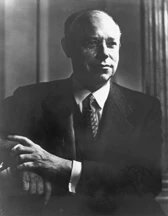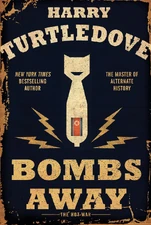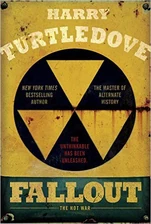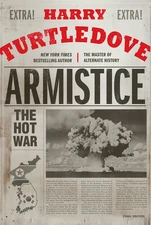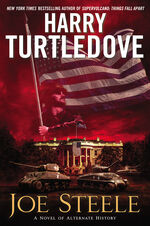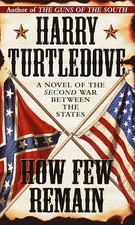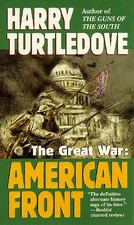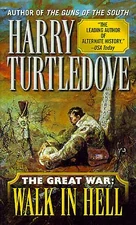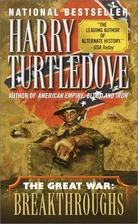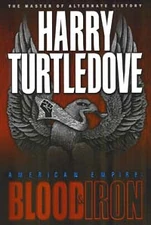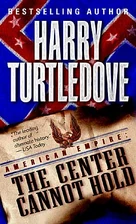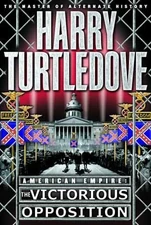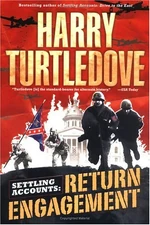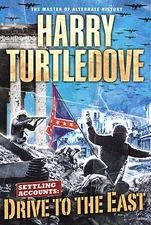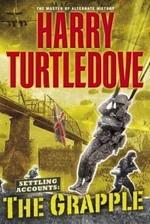| ||||||||||||||||||||||||||||||||||||||||||||||||||||||||||||
Robert Alphonso Taft (September 8, 1889 - July 31, 1953), of the Taft political family of Ohio (and son of William Howard Taft), was a Republican United States Senator from 1939 until his death, and as a prominent conservative spokesman was the leading opponent of President Franklin D. Roosevelt's New Deal in the Senate. He led the successful effort by the conservative coalition to curb the legal privileges of labor unions, and he was a major proponent of the foreign policy of non-interventionism.
Robert Taft in The Hot War
Senator Robert Taft (1889-1952) was a vocal opponent of President Harry Truman during the first months of World War III.[1] However, by May 1951, Taft's criticisms had been surpassed by the more bombastic Senator Joseph McCarthy. Truman had initially assumed McCarthy was Taft's stalking horse, but began to reconsider, and even wondered if McCarthy was angling for a run at the presidency in 1952. Truman knew that Taft was also positioning himself for a run, and while he disagreed with Taft's isolationist stance, he believed Taft was a man of principle, and therefore preferred the idea of a Taft presidency to a McCarthy one.[2]
As the war continued, and the Republican field increased, Taft remained a viable candidate.[3] However, throughout the first months of 1952, McCarthy started to gain on Taft, even securing the allegiance of two convention delegates from Ohio.[4] Taft was further hindered by his perceive cold intellectualism.[5] Still, the fact that he was nothing like the demagogue McCarthy was led even Democrats to look favorably Taft.[6]
The course of the war rendered the matter moot: Taft and McCarthy were among the many killed by the Soviet atomic bombing of Washington, DC in May, 1952.[7]
Robert Taft in The Man With the Iron Heart
Senator Robert Taft was vocal opponent of the Truman Administration's policies in Germany when the German Freedom Front put lie to the idea that the war in Europe was over in 1945.
Taft and Indiana Congressman Jerry Duncan joined a protest organized by Diana McGraw in Washington in 1946. Taft even carried a picket sign.[8] This act actually made him a more attractive candidate for the 1948 presidential election, as did his subsequent speeches lambasting Truman, claiming that Truman had won the war but lost the peace. In response, Truman likened Taft to a man yelling from the bleachers at a baseball game who's never been a manager or a player.[9]
Robert Taft in Joe Steele
Robert Taft was the final Republican presidential candidate to run against Joe Steele.
Taft was nominated in 1952 after a vicious floor fight at the party convention in Chicago.[10] An isolationist, Taft called for bringing U.S. troops back from Europe and South Japan, and argued for directly arming those areas instead.[11] Incumbent Joe Steele, seeking his sixth term, forcefully argued that the U.S. was a part of the world whether it wanted to be or not, and that the march of progress would one day make it possible for the country's enemies to attack the U.S. with rockets.[12]
Taft went down to defeat. He carried his home state of Ohio, and a few other states, but Steele carried the rest.[13]
Literary comment
Taft is not mentioned in the short story, where Steele ran unopposed in 1952.
Robert Taft in Southern Victory
Robert Taft (1889-1943) was a Democratic senator representing the state of Ohio in the United States Senate. He was the son of former Congressman William Howard Taft.
Taft was the Democratic presidential nominee in the 1940 election and he ran on a promise that he would not honor the Richmond Agreement which his opponent, the incumbent President Al Smith, had signed with Confederate President Jake Featherston the previous summer. Though the Richmond Agreement was unpopular throughout much of the US, Taft was narrowly defeated. The once and future Confederate states of Kentucky and Houston, which normally followed conservative voting patterns, voted for the Socialist Smith because they were concerned that Taft's hard line would prevent them from rejoining the Confederacy.[14]
From 1941 to 1943, Taft served on the Congressional Joint Committee on the Conduct of the War. He strongly protested President Charles W. La Follette's decision to receive an emissary from the Mormon separatist movement in Utah. He was surprised when liberal Socialist Congresswoman Flora Blackford joined him in his criticism of the administration.[15] Taft realized that the once-dovish Blackford now shared his hard line views on the US's national security, and the two began both a friendship and a professional cooperation.[16] This included jointly rendering first aid to victims of automobile bombs in the streets of Philadelphia.[17]
As General Irving Morrell led the U.S. Army deep into the heart of the C.S., Taft prepared legislation that would readmit the captured states of Kentucky and Tennessee. He secured support from Blackford after some minor political wrangling.[18]
Taft was killed in the late summer of 1943 by a people bomber in Philadelphia as he walked to work. The bomber, who may or may not have been targeting Taft specifically for assassination, was never identified, but widely believed to be a Mormon. Taft was mourned by his colleagues, particularly his friend Blackford.[19]
References
- ↑ Bombs Away, pg. 91, HC.
- ↑ Ibid., pg. 389.
- ↑ See, e.g., Fallout, loc. 4199, ebook.
- ↑ Ibid., loc. 5541.
- ↑ Ibid., loc. 5561.
- ↑ Ibid., loc. 6091.
- ↑ Ibid. loc. 6782.
- ↑ The Man With the Iron Heart, pgs. 150-53.
- ↑ Ibid., pgs. 190-92.
- ↑ Joe Steele, pg. 397.
- ↑ Ibid., pg. 398.
- ↑ Ibid., pg. 399.
- ↑ Ibid., pg. 400.
- ↑ The Victorious Opposition, pgs. 467-477.
- ↑ Drive to the East, pgs. 130-31.
- ↑ Ibid., pg.168-173.
- ↑ Ibid., pg. 377-382.
- ↑ The Grapple, pg. 409-412.
- ↑ Ibid.,pgs 508-10.
| Titles and Succession | ||||||||||||||||||||||||||||||||||||||
|---|---|---|---|---|---|---|---|---|---|---|---|---|---|---|---|---|---|---|---|---|---|---|---|---|---|---|---|---|---|---|---|---|---|---|---|---|---|---|
| ||||||||||||||||||||||||||||||||||||||
| |||||||||||||||||||||||||||||||||||||||||||||||||||||||||||||||||||||||||||||||||||||||||||||||||||||
